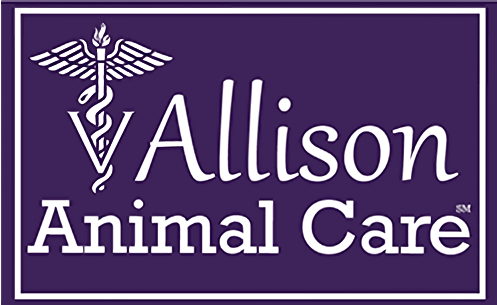Library
-
Bandages and splints protect an injured or wounded area of the body. It is important to closely monitor your cat's bandage or splint to ensure it does not slip or become wet or soiled and to ensure there is no discharge or foul odors indicating infection. This handout explains optimal bandage and splint care for your cat at home as well as possible complications that will require veterinary attention.
-
Bandages and splints protect an injured or wounded area of the body. It is important to closely monitor your dog’s bandage or splint to ensure it does not slip or become wet or soiled and to ensure there is no discharge or foul odors indicating infection. This handout explains optimal bandage and splint care for your dog at home as well as possible complications that will require veterinary attention.
-
Barking is a normal and natural behavior for dogs. Underlying physical and behavioral illnesses can trigger barking. Many types of barking can be prevented by ensuring your dog’s needs are met, and by using positive reinforcement to train desired behaviors. This handout provides example scenarios and sample training plans using the ABC method.
-
Basal cell tumors are a common type of skin tumor arising from cells in the deeper layers of the skin. They vary in size, from a few centimeters to inches in diameter, and most commonly appear as single, firm, hairless, raised masses in the skin, often on the head, neck, or shoulders. Most of these tumors are benign but removal may still be considered to prevent trauma or secondary infection. Surgical removal is curative in most cases.
-
Bathing is very important for the proper maintenance of feathers. The dry air in our homes created by central heating and air conditioning is not conducive to the maintenance of healthy feathers and skin, so pet birds should be encouraged to bathe at least three to four times a week. This handout provides helpful tips and safety precautions for bathing your bird.
-
Baylisascaris procyonis, also known as the raccoon roundworm, is a parasite found in the intestinal tract of many raccoons. In some cases, this parasite may also spread to dogs and cats.
-
Elongated beak and/or toenails are reasons for veterinary care in all pet birds. Beaks should not be trimmed regularly unless performed by an avian veterinarian. Toenail trimming may be done at home, but only when taught by an experienced bird breeder/owner or avian veterinarian.
-
Bedinvetmab is an immunotherapeutic/biologic medication used to alleviate osteoarthritic pain in dogs. This medication is given by an injection under the skin. Contact your veterinarian if you think your dog is having an adverse reaction to this medication.
-
Dogs and cats use aggressive signals to communicate and can often do this without causing injury. It is important to learn to recognize subtle signals to prevent an escalation of aggression. Some aggression reflects underlying medical and behavioral illness. Any aggressive behavior in dogs and cats should be assessed to determine the cause and establish a safety protocol. Aggressive behavior in dogs and cats can lead to serious injury to people and other pets.
-
Many behavioral concerns reflect normal behavior and can be resolved with simple training. Other behaviors reflect behavioral abnormalities or may have underlying medical or physical causes. A veterinary behaviorist is trained to assess and treat both normal and abnormal behaviors and can identify medical conditions that can affect behavior. An accurate assessment from the start can improve the outcome.

